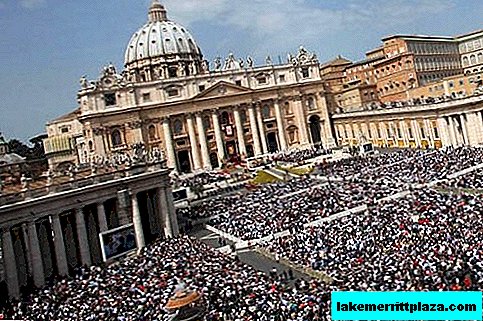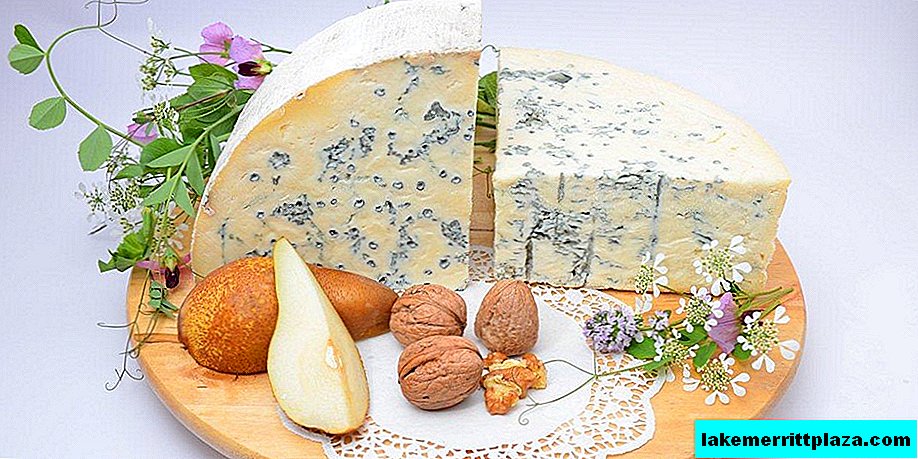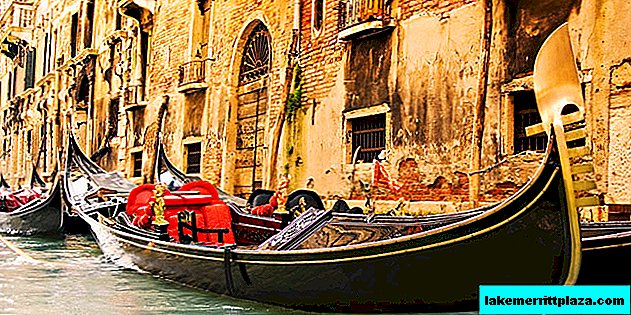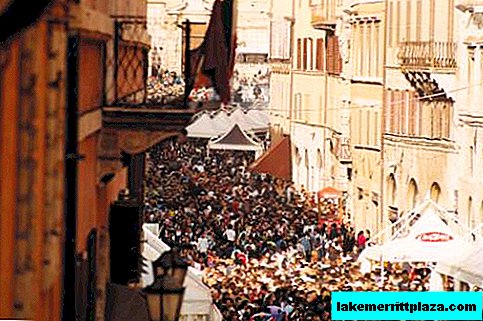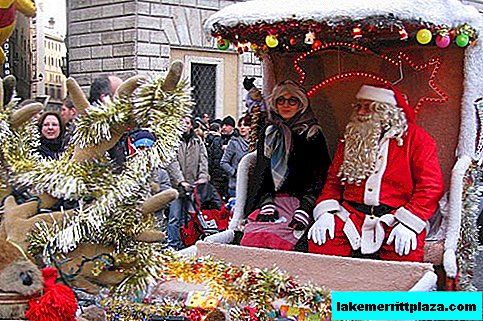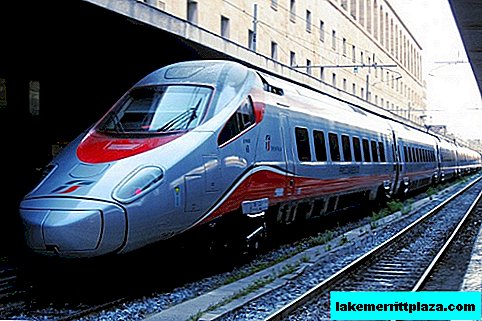You do not know how to thank the Italian? Then this article is for you.
Most tourists in Italy always thank the same, with the word “grace”, grazie is written in Italian. For example, it sounds like this:grazie per l'aiuto (thanks for the help). But in fact, there are quite a few variations of the word "thank you", which will not be difficult to learn. Thus, you will not only replenish your vocabulary, but also pleasantly surprise Italians with their well-read and knowledge about the culture of their country.
Types of Thanks
There are two kinds of thanks:
Formal
Formal - used to communicate with officials, as well as with strangers.
- Non so come ringraziarla - I do not know how to thank you;
- Grazie infinite per la sua - Thank you for treating me with kindness;
- Grazie di cuore- I thank you from the bottom of my heart;
- Sono molto grata - I thank you;
- Esprimo la mia più sincera gratitudine - I express my sincere gratitude to you;
- grazie per (...) - thank you for…
- Io ti sono molto grato - I thank you a little;
- Vi prego di accettare il mio sincero apprezzamento - accept my sincere appreciation;
You will find useful articles:
Informal
Informal - suitable for communicating with friends.
- Grazie mille - thank you very much (in the literal translation "thousand thanks");
- Ringraziare - thank you;
- Molto grato - very grateful;
- Grazie di tutto - thank you for everything;
- Infinitamente grato - forever grateful;
- Non riesco a trovare le parole per esprimere la mia gratitudine - I can not find words to express my gratitude;
- Grazie tante - very grateful;
The last expression can be used not only to express gratitude, but also to give speech a more sarcastic and venomous tone.
In Italian, there is another phrase:"No grazie". It translates as “no, but thanks” and is used to politely refuse anything.
Reply to thanks in Italian
You can reply to gratitude like this:
- Semper per favore - you're welcome;
- Contattare - contact;
- Non ci sono problemi - no problems;
- Non che - Yes, nothing;
Italians are a very sociable and cheerful people. But, nevertheless, they are very scrupulous about the rules of communication.
Communication Rules
In order to impress and win the sympathy of the Italian you need to know and follow three rules:
- Do not look away from the other person.
- Turn to strangers on “You” (Lei).
- Do not forget to add per favore to each request (please), and generously thank for each service rendered.

